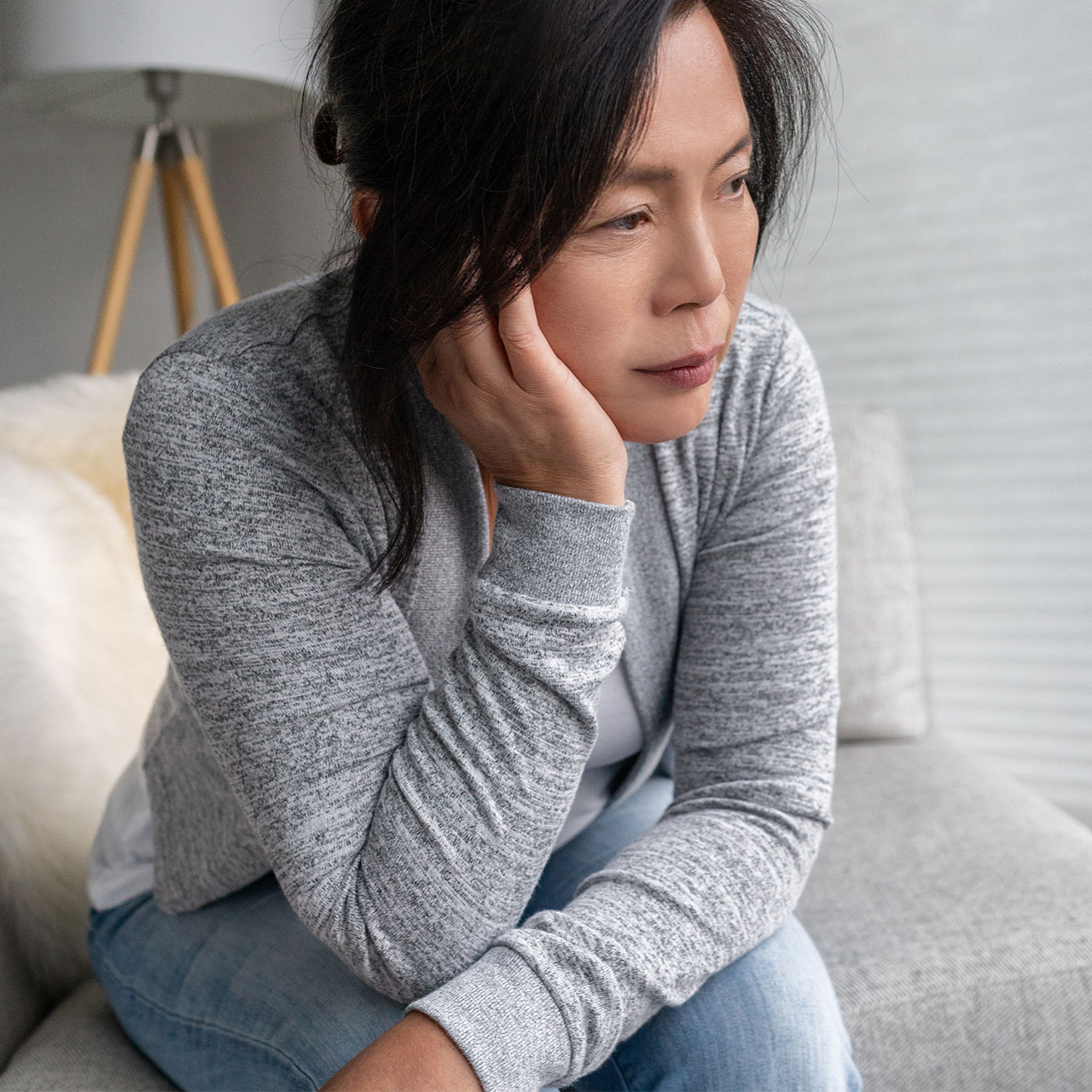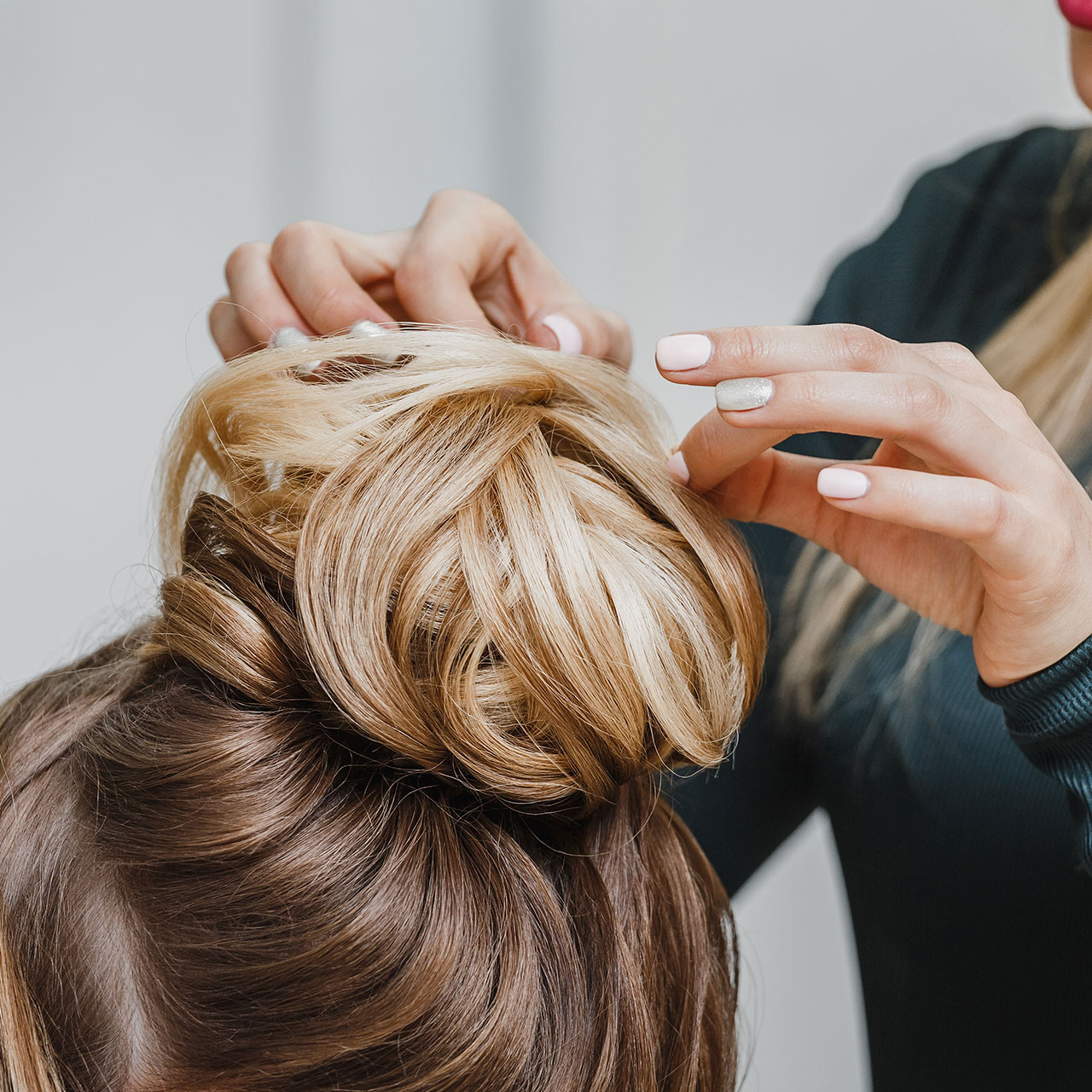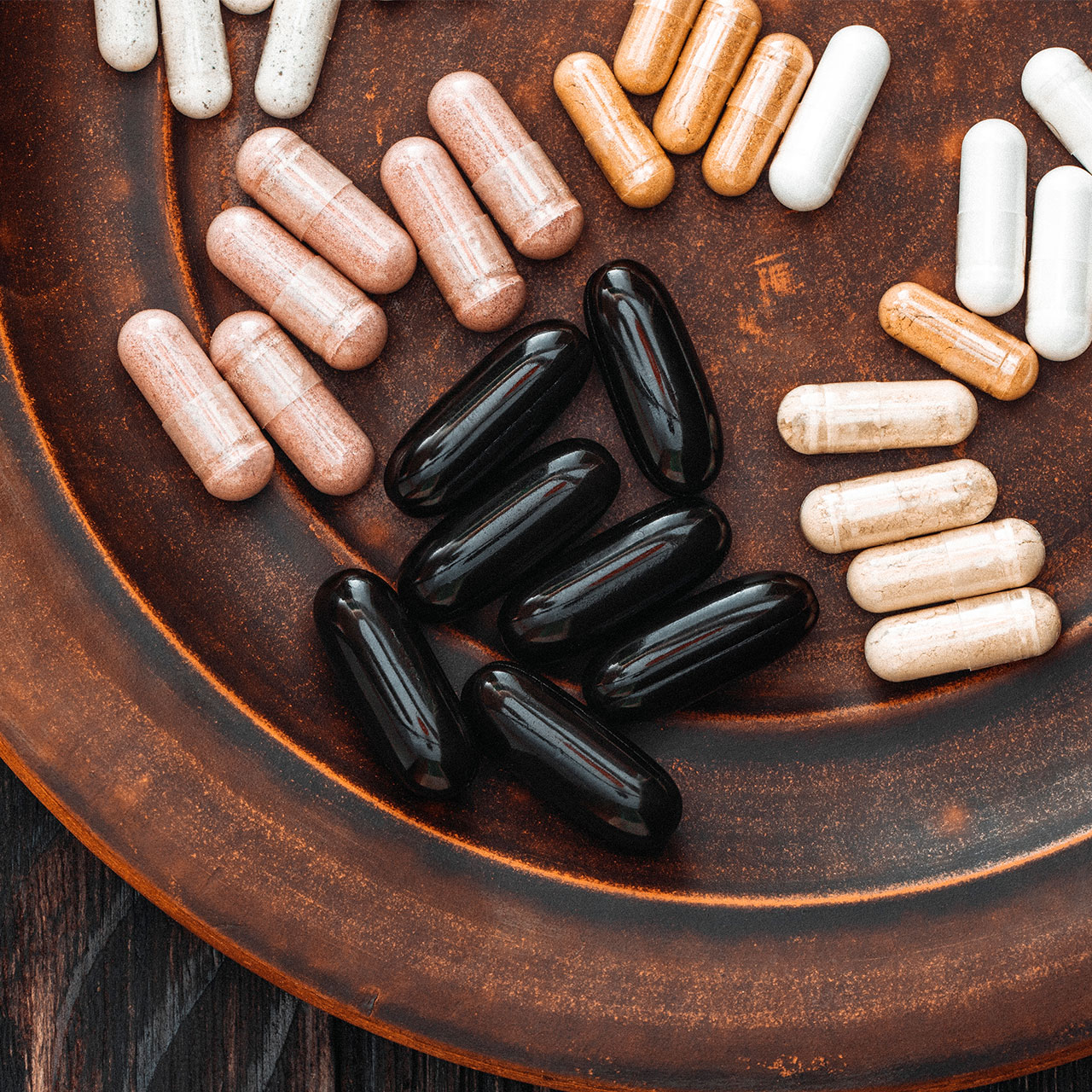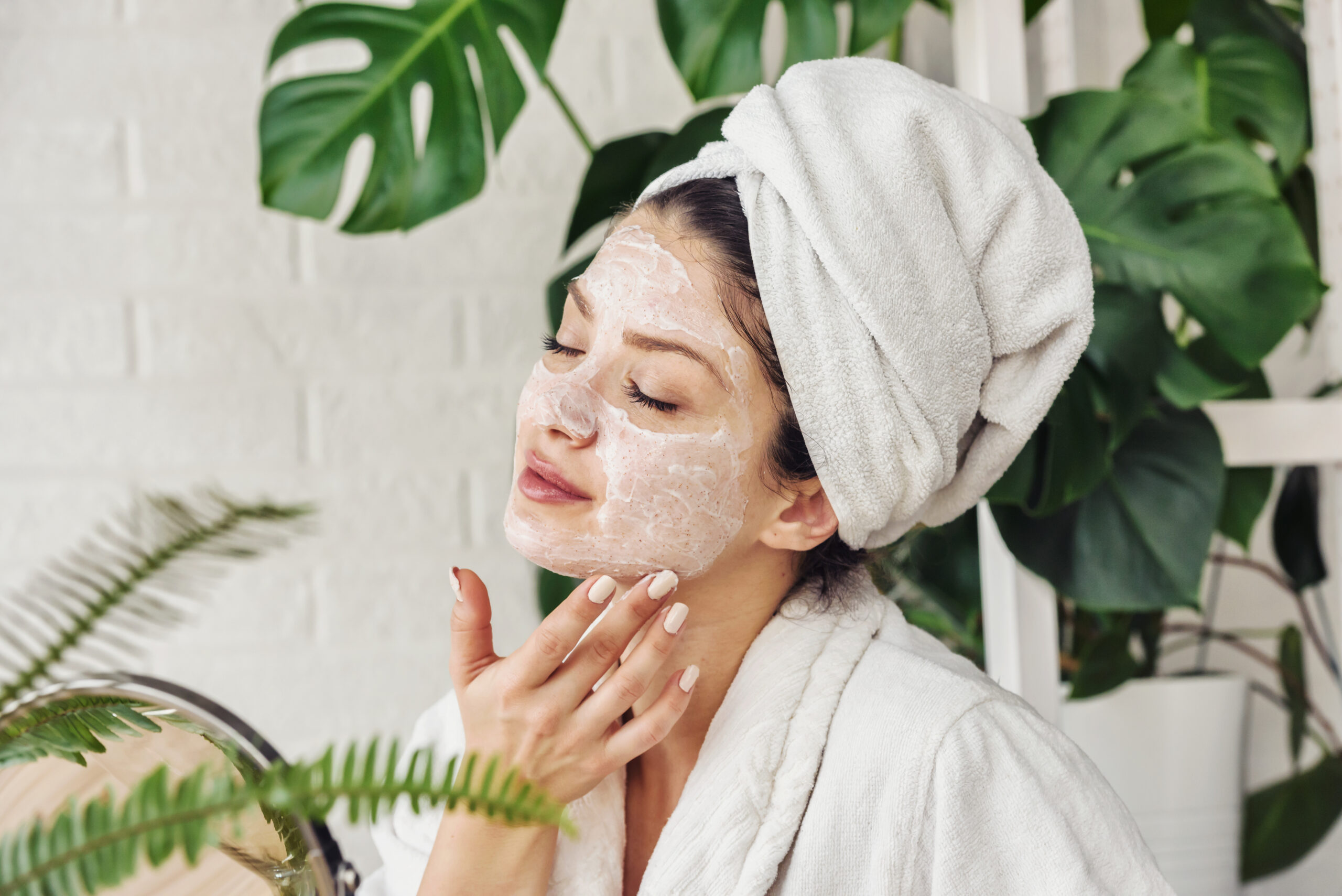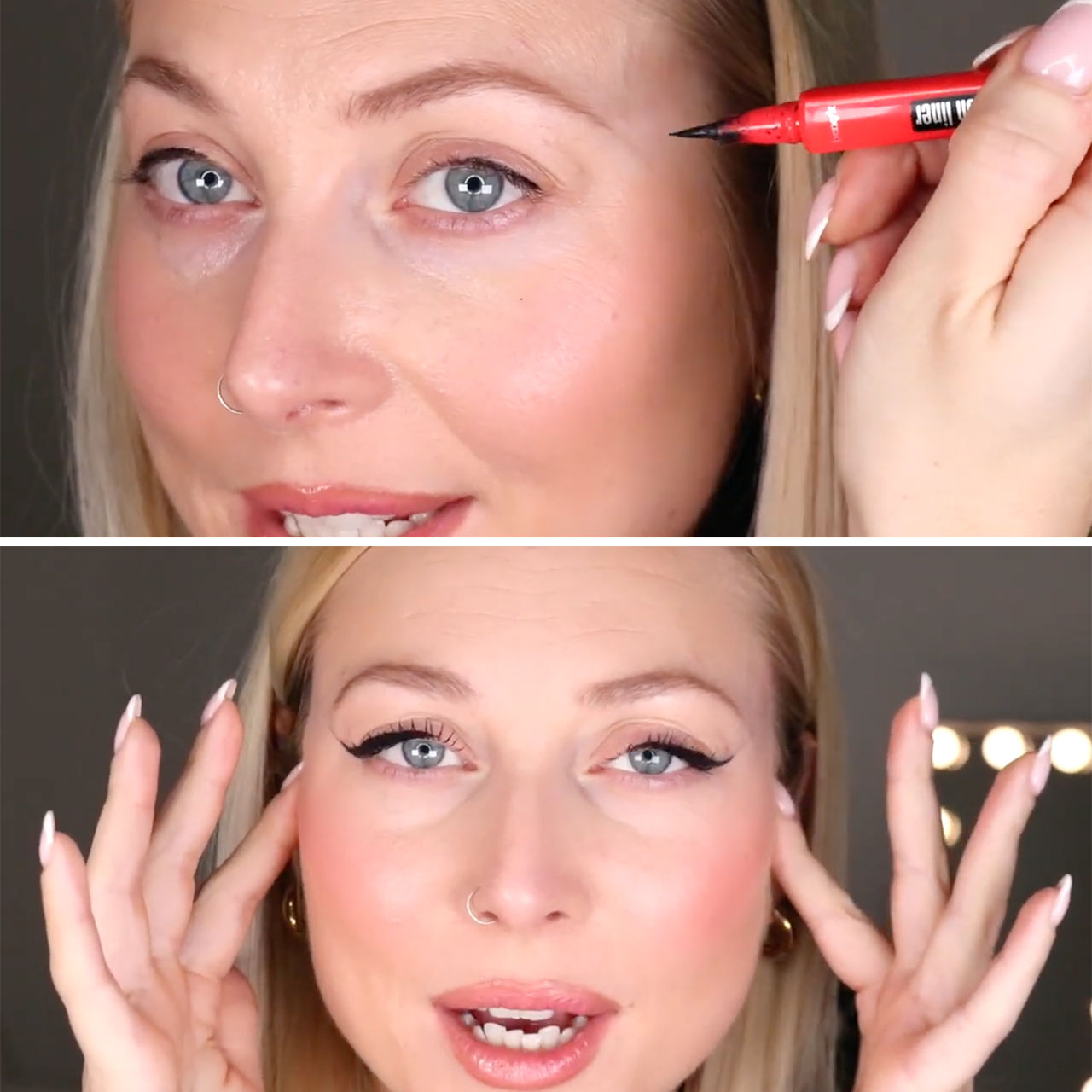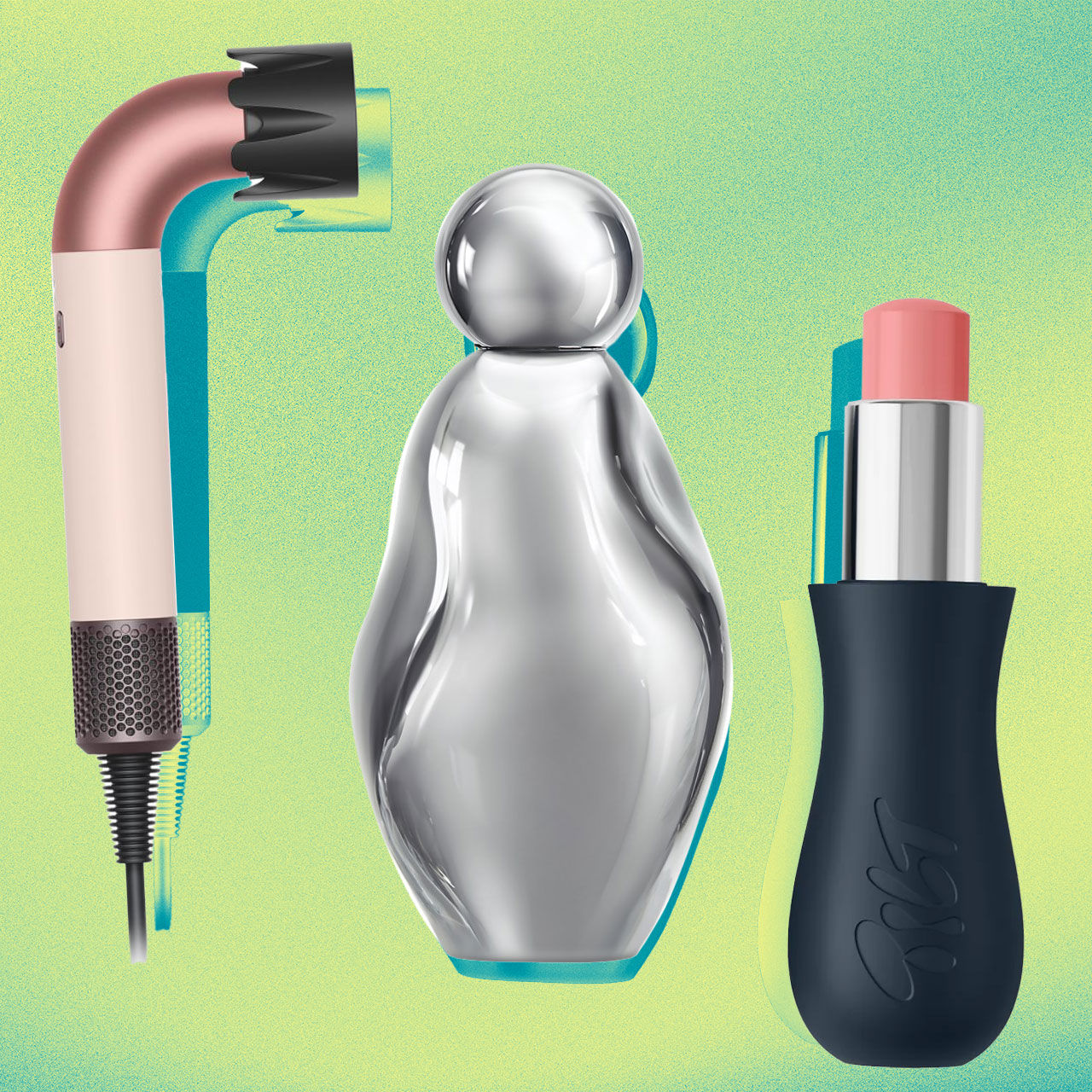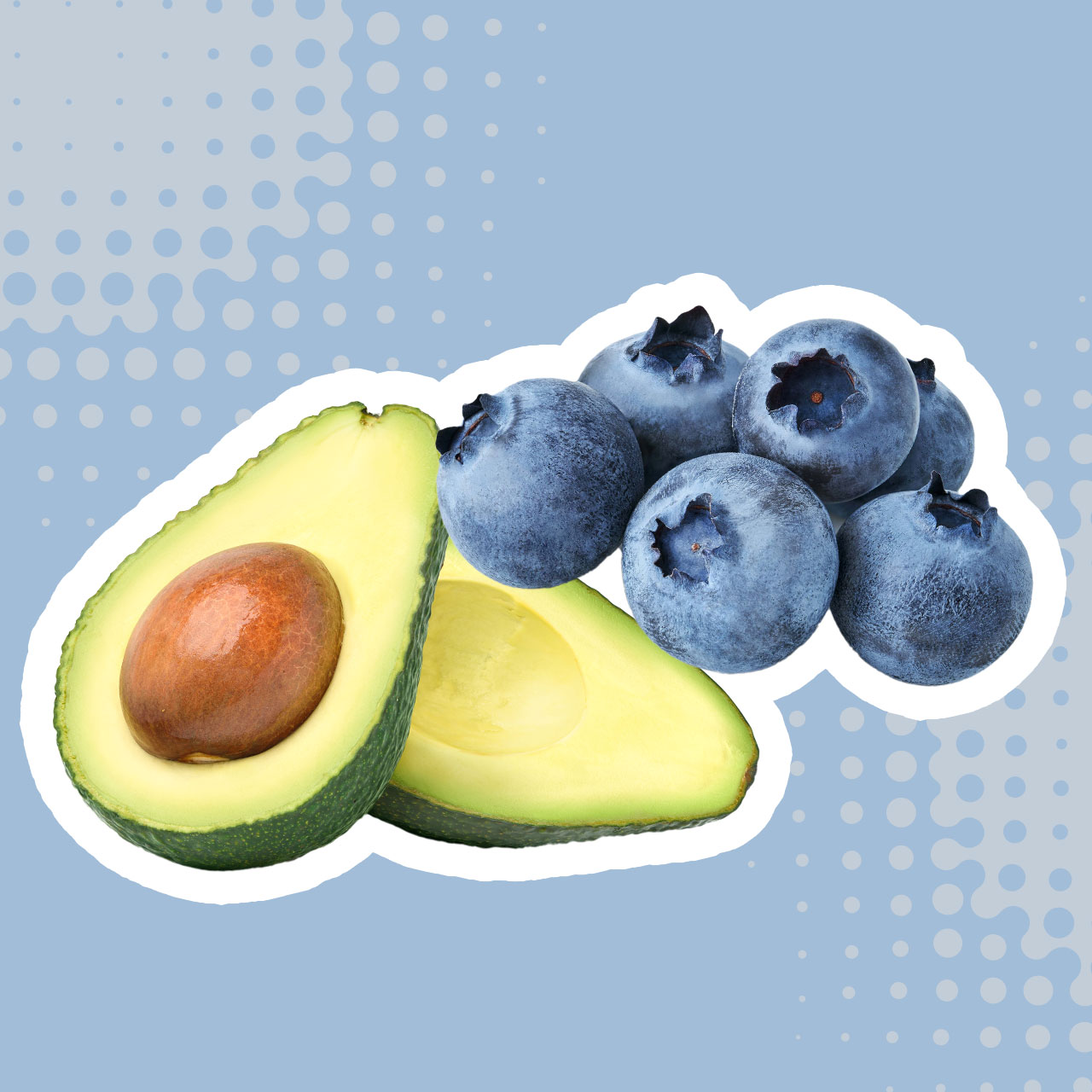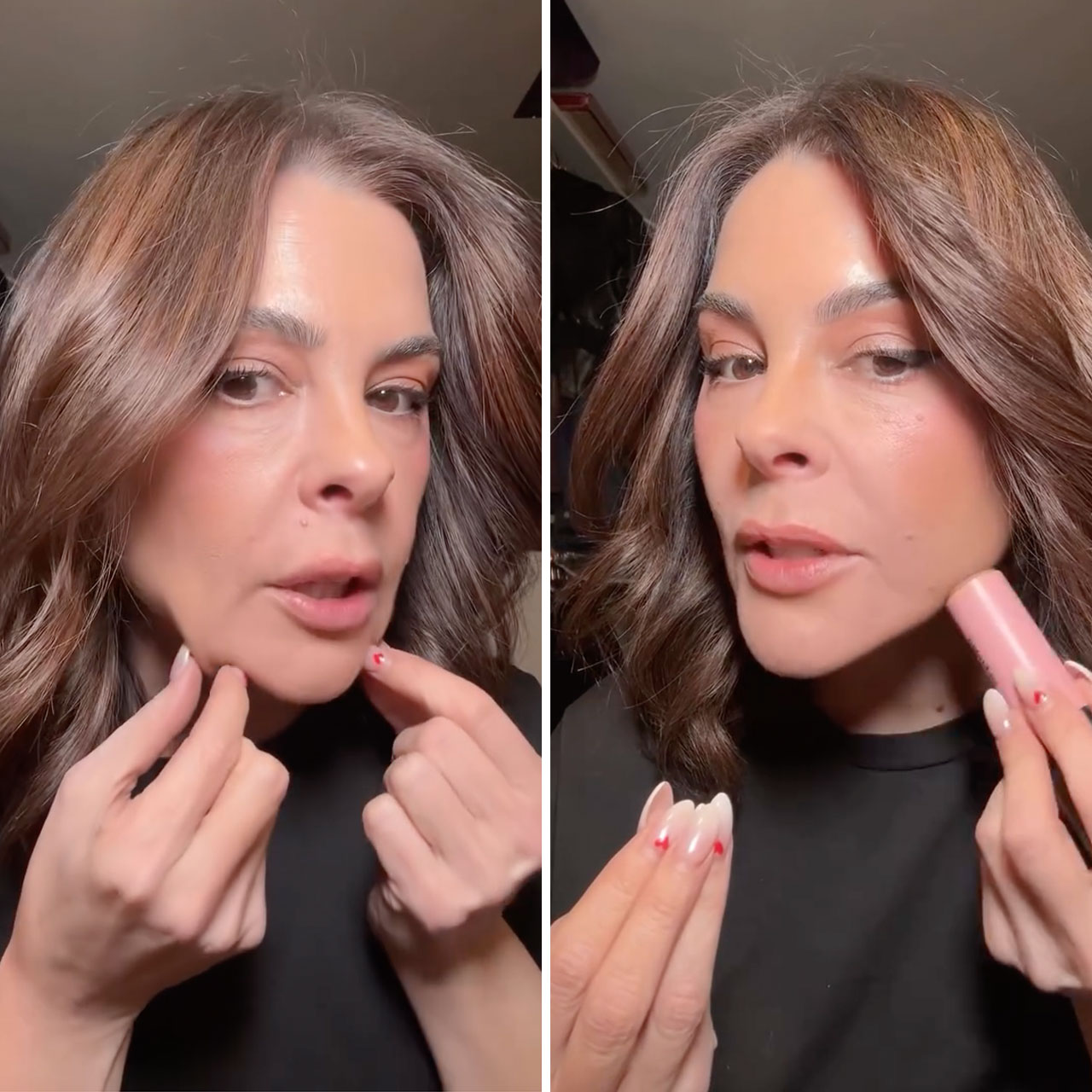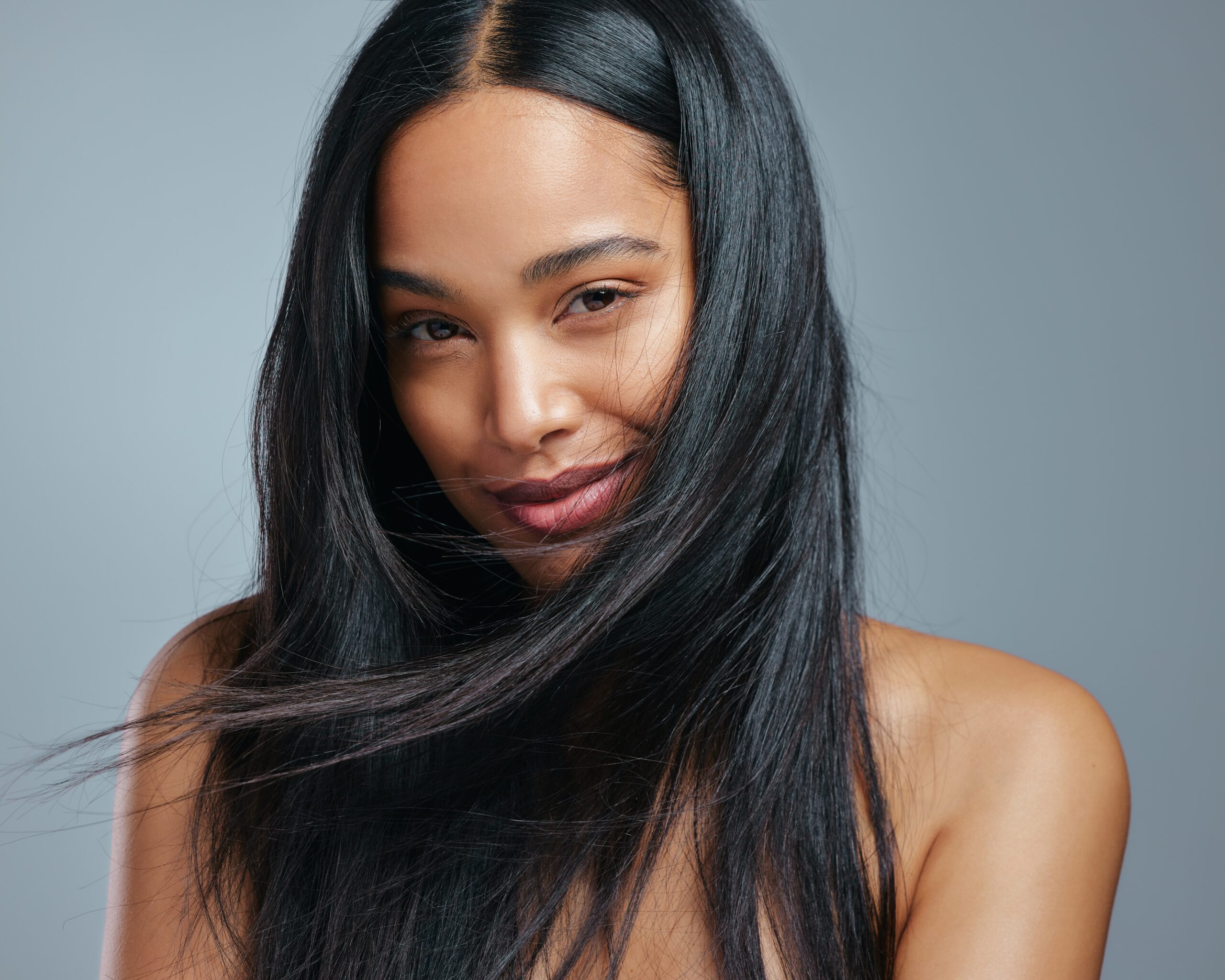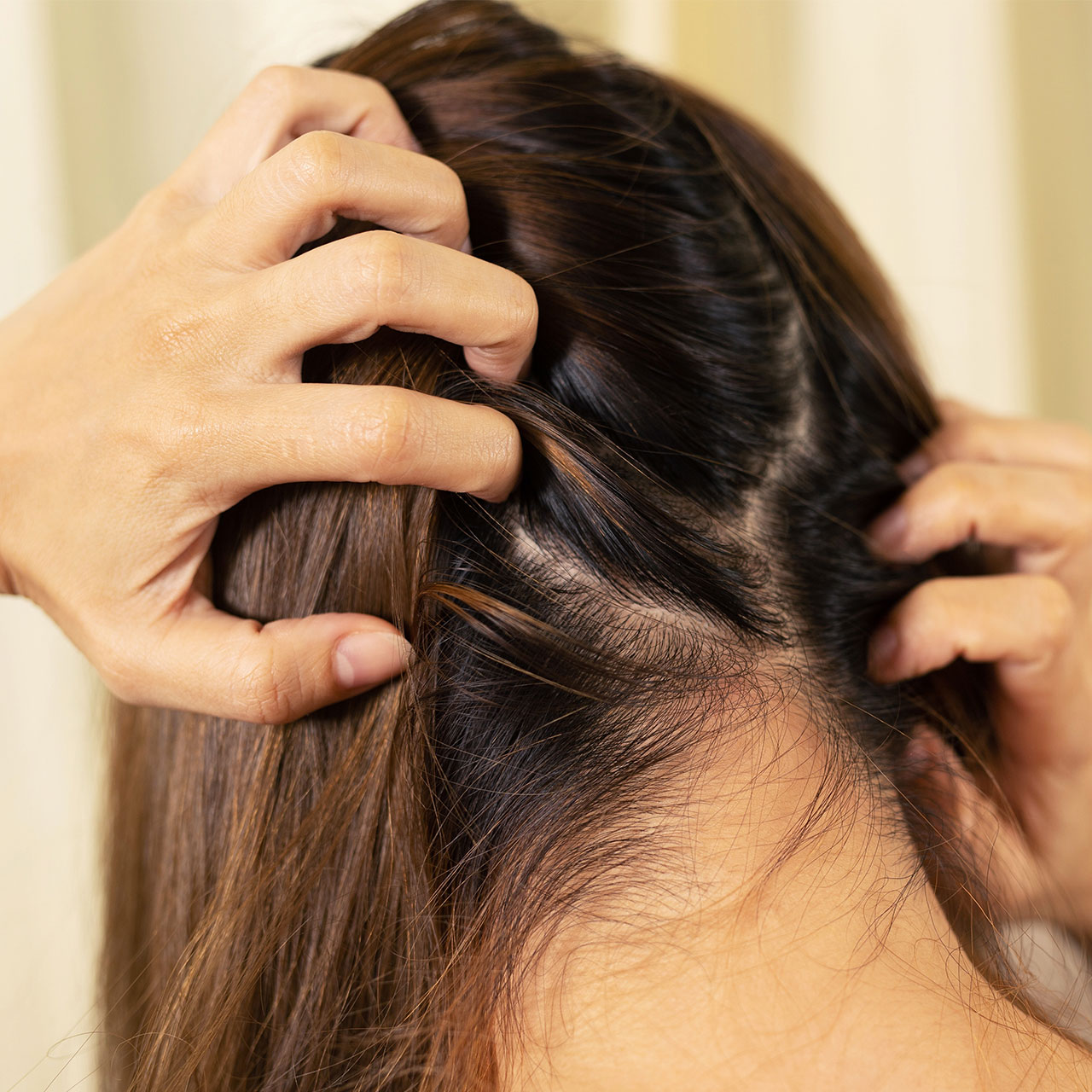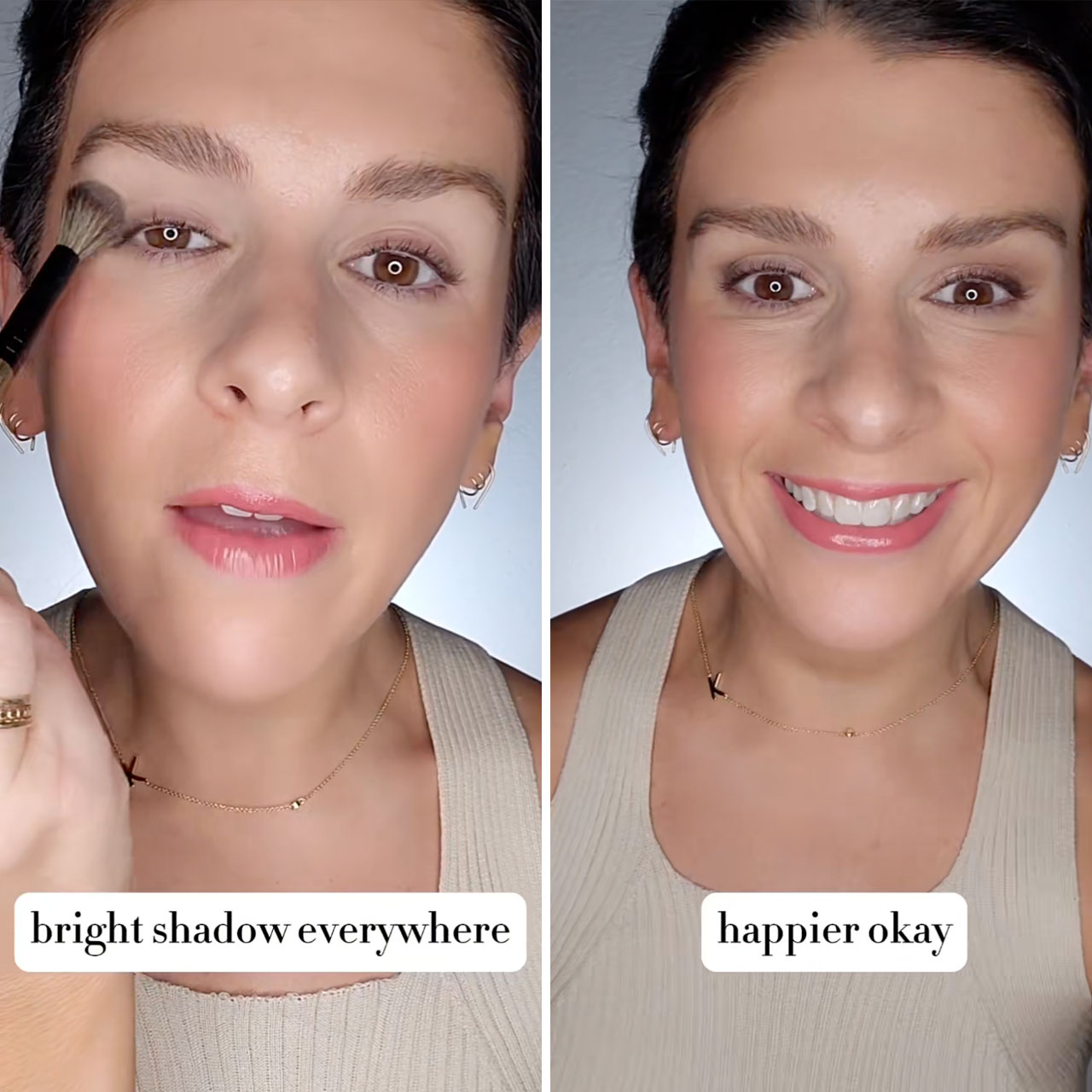This is an archived article and the information in the story may be outdated. Please check the time stamp on the story to see when it was updated last.
Everything changes once you turn 40. Most people know to expect changes in their skin and in the way their metabolism functions, but few are aware of their hair will be affected. Those over 40, especially women, are more prone to hair loss, according to Joshua Zeichner, MD, director of cosmetic and clinical research in dermatology at Mount Sinai Hospital in New York City, who notes that Female Pattern Hair Loss (FPHL) will affect half of all women by the time they turn the big 4-0.

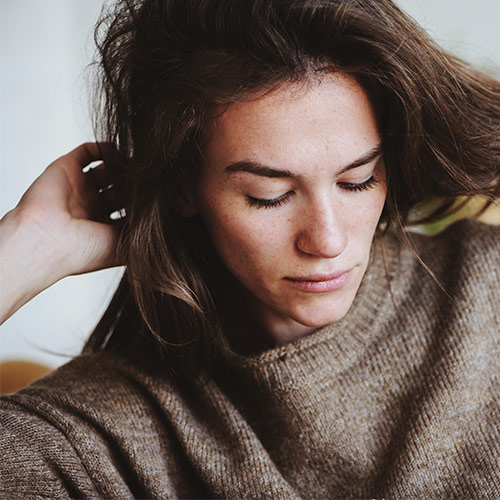
Every hair loss case is different and can be the result of several different components, but research shows that certain hair care products and ingredients can be contributing to hair fall.
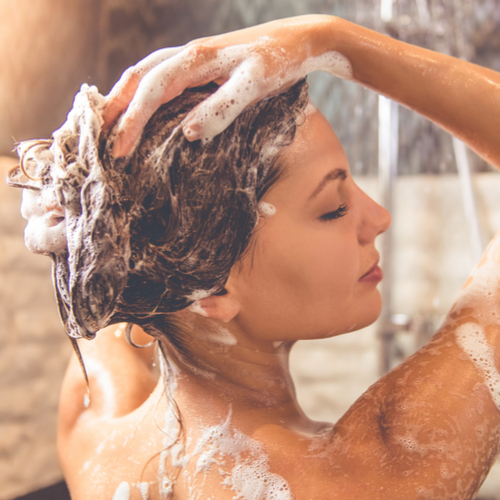
In fact, experts say that using products that contain sodium lauryl sulfate (SLS) and sodium laureth sulfate (SLES) are terrible for your hair and can potentially be hindering hair growth.
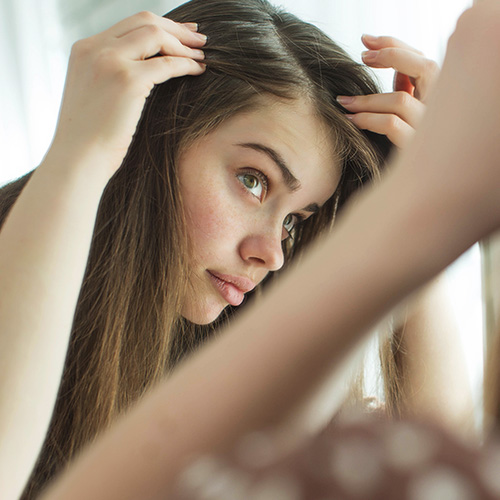
These two popular sulfates are commonly found in shampoo and are added for their lathering and cleansing effect. "[They] create a lather or bubbles [and] remove dirt and oils from skin and hair,” Paul Pestano, a senior database analyst at the Environmental Working Group (EWG), tells Teen Vogue.
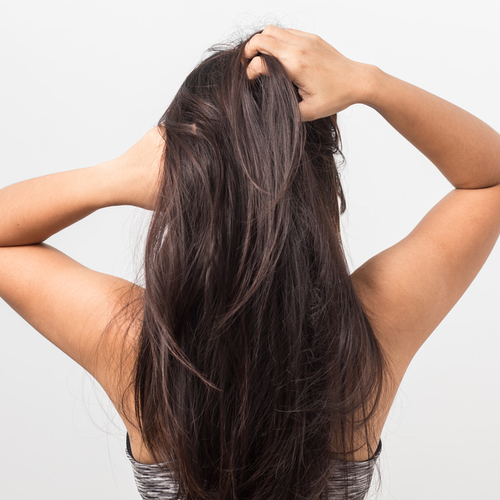
But, Eric Spengler, chief commercialization officer at Living Proof, says that these controversial hair care ingredients have a tendency to be over-drying and are known to strip the hair of its protective, natural oils, making it harder for the follicles to get the nutrients they need to grow.
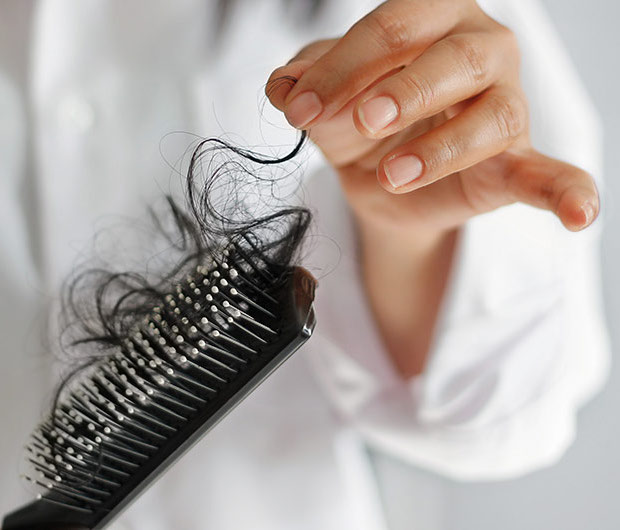
"When they’re used in shampoos, sulfates are very efficient cleansers — maybe a little too efficient — and can pull a lot of natural oil from hair and skin," he says. "They’re so good at cleaning that they can actually strip your hair of its natural oils and make it feel rough, dry, and brittle. They can also cause dryness and irritation on your scalp."
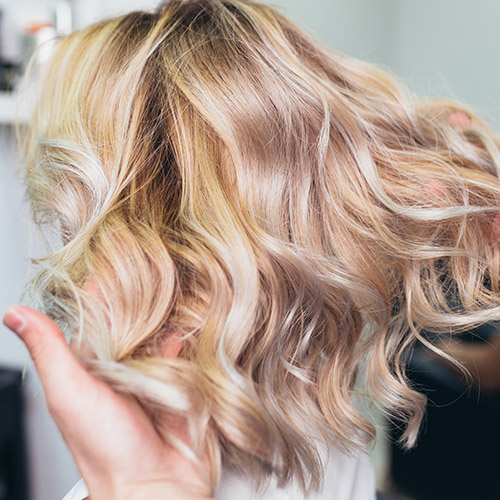
So, what you should you be using to help promote hair regrowth and thickness? Dr. Zeichner suggests using topical treatments like minoxidil, better known by the brand name Women's Rogaine, for its nutrient-rich formula. "Topical minoxidil is the gold standard of treatment," he tells Health.com. "It helps lengthen the active growing stage of hairs and promotes healthy delivery of oxygen and nutrients to the hair follicle.”
You can also make your own topical treatment at home using essential oils. One study found that mixing rosemary, peppermint, thyme, and lavender in a mixture of jojoba or grapeseed oil help show hair growth improvement!




